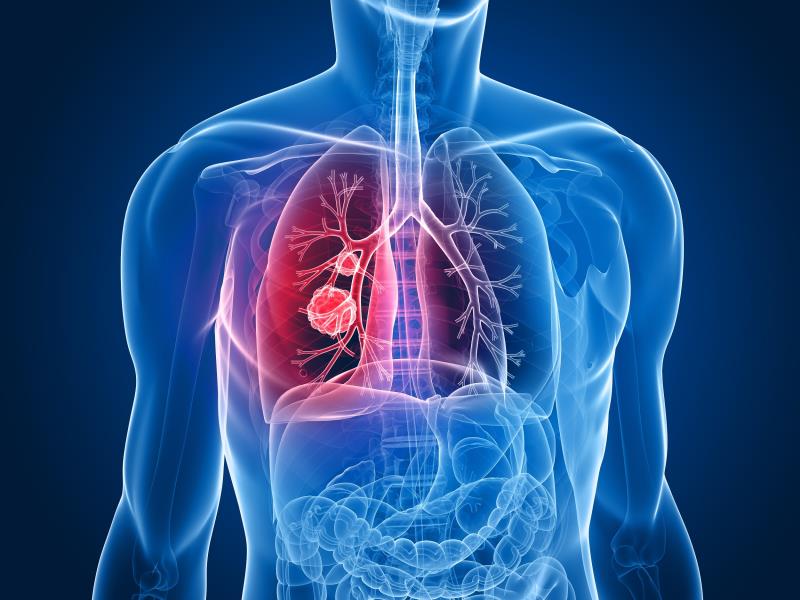Research in brief: emergency errors, curry leaves, and TKIs
Medical Writer

Medication errors identified in one-third of emergency admissions at training hospital
A recent cross-sectional study at Hospital Universiti Sains Malaysia found almost a third of emergency department visits in a 9-week period experienced at least one medication error (ME).
Of 547 patients who visited HUSM’s emergency department during normal working hours (between 8 am and 5 pm) and who were enrolled in the study, 311 were selected at random for analysis. Of these, 95 patients (30.5%) experienced at least one ME.
The main factors associated with ME were identified as number of medications (adjusted odds ratio [OR], 1.91; 95% confidence interval [CI], 1.51–2.41), triage (adjusted OR, 0.11; 95% CI, 0.04–0.27), gender (adjusted OR, 0.50; 95% CI, 0.26–0.93), and time of patient visit (adjusted OR, 0.34; 95% CI, 0.52–0.75). [Hospital Pharmacy 2019; doi:10.1177/0018578719890092]
“Medication errors continue to pose a significant problem to healthcare systems across the world, not only causing harm and death in patients but also consuming approximately US$42 billion annually in healthcare expenditure,” wrote the study authors, who added that emergency departments were high-risk areas for ME occurrences.
“Patients with a higher number of medications prescribed during [their] visit to the ED were found to be particularly at risk. Identification of such factors may guide intervention measures to prevent medication errors in this setting,” they added.
Curry leaf extracts demonstrate antibacterial potential

Extracts of Murraya koenigii (curry leaf) may point the way to new antimicrobial compounds for common pathogens, according to an in vitro study.
In a joint collaboration among researchers from Universiti Sains Malaysia, International Islamic University Malaysia, and the Kebbi State University of Science and Technology, Nigeria, it was found that a minimum inhibitory concentration (MIC) of 15.63 μg/mL of ethyl acetate M. koenigii leaf extract was enough to disrupt cell walls in human pathogens such as Staphylococcus aureus, Escherichia coli, Vibrio alginolyticus, Vibrio parahaemolyticus and Yersinia enterocolitica. [Eur J Integr Med 2020;doi:10.1016/j.eujim.2019.101010]
The researchers also compared the MICs of M. koenigii extract against pure versions of potentially antimicrobial flavonoids previously identified in the species from other studies, ie, quercetin, myricetin and rutin, as well as tetracycline as a control.
Overall, M. koenigii leaf extract (15.63–1000 μg/mL) and stem extract (15.63–125 μg/mL) were needed in higher concentrations to reach antibacterial activity comparable to tetracycline (0.06–31.25 μg/mL). However, higher concentrations of the flavonoids were needed to match the M. koenigii extracts (quercetin, 62.5–1000 μg/mL; myricetin, 31.25–500 μg/mL; rutin, 125–250 μg/mL).
Nine strains of bacteria pathogenic to humans were tested in the study, consisting of four gram-negative strains (Listeria monocytogenes, S. aureus, E. coli 0157:H7, E. coli ATCC 25922) and five gram-positive strains (V. alginolyticus, V. parahaemolyticus, Salmonella paratyphi, Salmonella typhi, Y. enterocolitica).
However, the extracts did not appear to affect Salmonella species tested in the study, while Listeria monocytogenes was affected only by hexane and chloroform extracts from M. koenigii stems.
“The present study demonstrates that the ethyl acetate leaf extract of Murraya koenigii has a broad spectrum of antibacterial activity against the tested bacteria,” wrote the researchers. “Clinical trials are recommended to verify novel therapeutic agents. The bioactive phenolic compounds that are contained in the extract might be responsible for the antibacterial activities.”
Afatinib may offer survival benefit over gefitinib, erlotinib in advanced lung cancer

Second-generation EGFR-TKI* afatinib may provide longer progression-free survival over first-generation EGFR-TKIs gefitinib or erlotinib in first-line treatment of EGFR mutant advanced lung adenocarcinoma, according to a new study.
In a retrospective analysis of 113 patients treated with first-line afatinib, gefitinib or erlotinib (n=24, 63, 26, respectively) at University Malaya Medical Centre between 2015 and 2018, researchers found that median progression-free survival (mPFS) of patients treated with afatinib (13.1 months) exceeded that of gefitinib or erlotinib (10.9 months and 7.8 months, respectively; p=0.479). [Ann Oncol 2019; doi:10.1093/annonc/mdz437.013]
Patients on afatinib had consistently longer PFS than those on gefitinib for the first 17 months and erlotinib for the first 20 months. The overall response rate was higher in patients on afatinib (75.0%) than those on gefitinib (63.5%) or erlotinib (53.8%). However, there was no difference in disease control rate among the three treatments.
The authors attributed the lack of statistical significance in the study to the small number of patients on afatinib, as well as the more frequent use of afatinib over the other two options for rare or complex EGFR mutations and more symptomatic brain metastases.